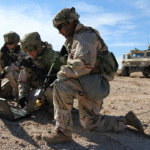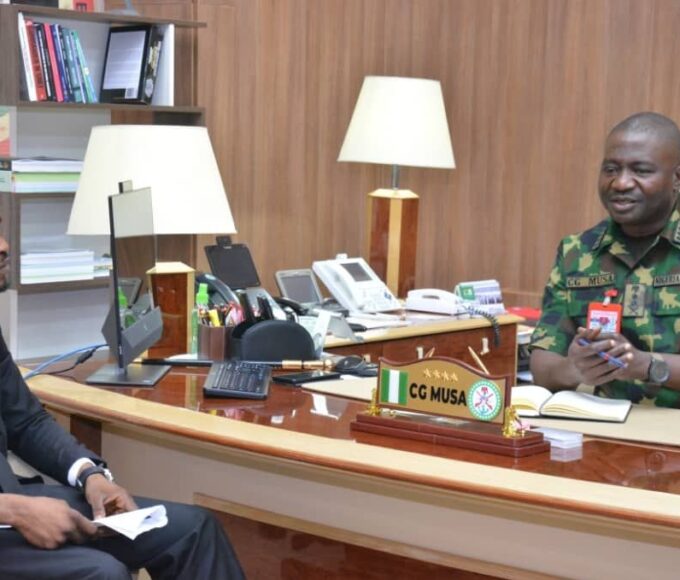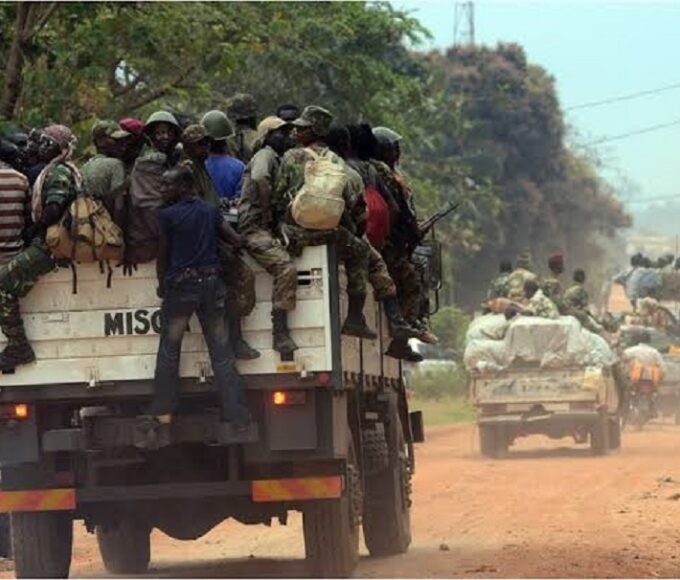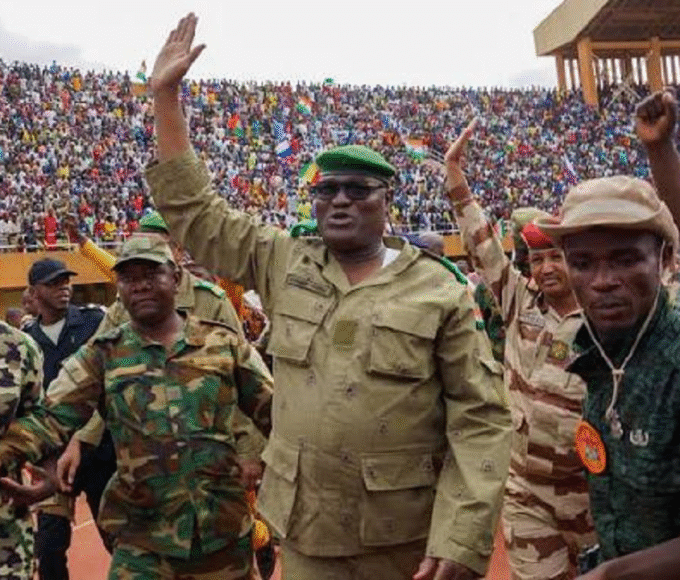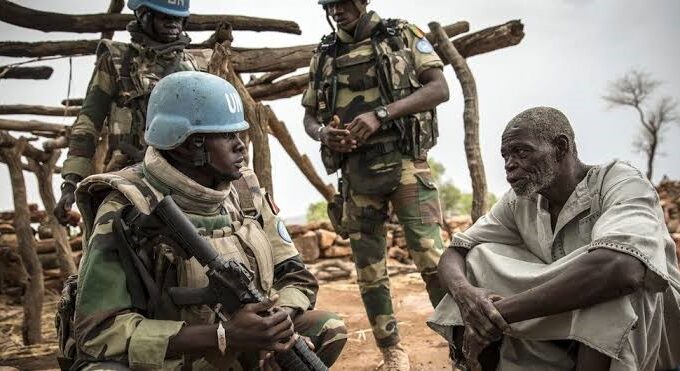WHY AFRICA NEEDS A UNIFIED DEFENCE POLICY FOR THE 21ST CENTURY
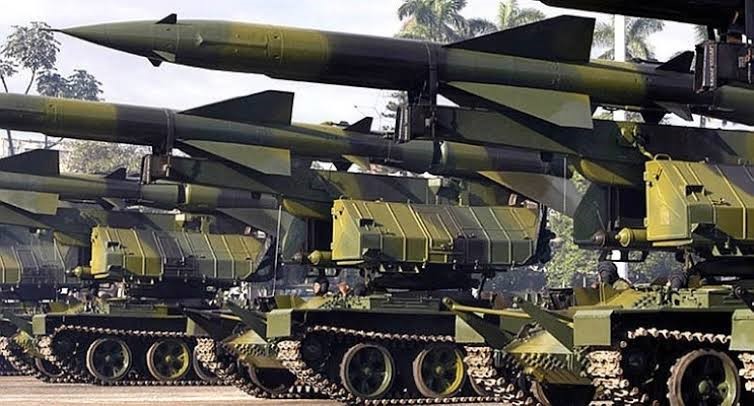
In an era of escalating geopolitical tensions, resource conflicts, and transnational threats like terrorism and climate-induced instability, Africa stands at a critical juncture. With over 1.4 billion people and vast natural resources, the continent faces fragmented security architectures that undermine collective progress. A unified defence policy, drawing inspiration from alliances like NATO and the EU’s Common Security and Defence Policy (CSDP), is essential for the 21st century. Such a framework would foster strategic autonomy, enhance peacekeeping, and deter external interference, aligning with the African Union’s (AU) Agenda 2063 for continental integration.
The continent’s security challenges transcend national borders, overwhelming individual nations. From jihadist insurgencies in the Sahel to piracy in the Gulf of Guinea and ethnic conflicts in the Great Lakes region, threats spill across borders, straining under-resourced militaries. Recent analyses highlight Africa as the epicentre of political instability and violent extremism since 2020, with coups and foreign-backed militias on the rise. This fragmentation invites external powers like China, Russia, and the US to exploit Africa’s resources and strategic locations through proxy engagements.
LIMITATIONS OF CURRENT AU FRAMEWORKS
The African Union’s Common African Defence and Security Policy (CADSP), adopted in 2004, lays a foundation for collective security by aiming to eliminate interstate rivalries and promote regional integration. It envisions mechanisms like the African Standby Force (ASF) for rapid crisis response. However, inconsistent implementation and funding shortages hinder its effectiveness, leaving the AU’s “Silencing the Guns” initiative, extended beyond 2020, largely unfulfilled. A more binding and proactive policy is needed to address recurring crises.
NATO’S COLLECTIVE DEFENCE MODEL
NATO offers a compelling model for Africa through its collective defence principle. Established in 1949, NATO’s Article 5 ensures that an attack on one member is an attack on all, fostering unity and deterrence. This has preserved peace in Europe by pooling resources, standardizing military capabilities, and conducting joint exercises. Africa could adopt a similar approach, integrating national armies into ASF brigades to ensure mutual protection and efficient resource use.
ADAPTING NATO’S MODERN STRATEGIES
NATO’s adaptability provides further lessons, evolving from Cold War deterrence to tackling cyber warfare and hybrid threats through frameworks like the NATO Force Model for rapid deployment. For Africa, this could translate into shared intelligence networks, joint logistics, and regional training programs under the AU, enabling swift responses to crises like insurgencies or resource conflicts, reducing reliance on any single nation.
THE EU’S CSDP AS A BLUEPRINT
The EU’s Common Security and Defence Policy (CSDP), launched in 1999, offers another model, emphasizing civilian-military synergy and crisis management. With over 30 global operations, the CSDP supports peacekeeping, conflict prevention, and stabilization. Its focus on strategic autonomy allows the EU to act independently of NATO, a principle Africa could emulate to assert control over its security destiny.
ADDRESSING NON-TRADITIONAL THREATS
The CSDP’s strength lies in addressing non-traditional security issues like humanitarian aid and governance, which resonate with Africa’s challenges rooted in socioeconomic disparities and weak institutions. By expanding the CADSP to include hybrid missions combining military deterrence with development aid, the AU could tackle root causes of conflict, such as climate migration and resource disputes, fostering long-term stability.
A unified African defence policy, inspired by NATO’s collective solidarity and the EU’s integrated approach, would empower the continent to silence the guns and protect its sovereignty. By ratifying binding protocols, investing in joint training, and leveraging AU structures, African leaders can build a secure and prosperous future. This vision aligns with Agenda 2063, positioning Africa as a global powerhouse in the 21st century.
King Richard Igimoh, Group Editor ALO
King Richard Igimoh, Group Editor African Leadership Organisation is an award-winning journalist, editor, and publisher with over two decades of expertise in political, defence, and international affairs reporting. As Group Editor of the African Leadership Organisation—publishers of African Leadership Magazine, African Defence & Security Magazine, and Africa Projects Magazine—he delivers incisive coverage that amplifies Africa’s voice in global security, policy, and leadership discourse. He provides frontline editorial coverage of high-profile international events, including the ALM Persons of the Year, the African Summit, and the African Business and Leadership Awards (ABLA) in London, as well as the International Forum for African and Caribbean Leadership (IFAL) in New York City during the United Nations General Assembly.
Recent Posts
Categories
- Air & Aerospace16
- Border Security15
- Civil Security4
- Civil Wars4
- Crisis5
- Cyber Security8
- Defense18
- Diplomacy19
- Entrepreneurship1
- Events5
- Global Security Watch6
- Industry8
- Land & Army8
- Leadership & Training5
- Military Aviation5
- Military History27
- Military Speeches1
- More1
- Naval & Maritime9
- Resources2
- Security12
- Special Forces1
- Systems And Technology9
- Tech6
- Uncategorized3
- UNSC1
- Veterans6
- Women in Defence9
Related Articles
Why General C.G. Musa Is the Right Defence Minister for Nigeria—Right Now
President Bola Tinubu’s nomination of General Christopher Gwabin Musa (rtd.) as Minister...
ByKing Richard Igimoh, Group Editor ALODecember 2, 2025DIPLOMACY, PEACE & CIVIL SECURITY – CROSS-BORDER PEACE PACTS IN EAST AFRICA: SUCCESS OR FAILURE?
From the windswept Karamoja hills to the fishing villages of Lake Victoria,...
ByKing Richard Igimoh, Group Editor ALONovember 24, 2025ECOWAS MILITARY INTERVENTION IN NIGER: A TURNING POINT?
The coup d’état in Niger on July 26, 2023, marked a seismic...
ByKing Richard Igimoh, Group Editor ALOOctober 7, 2025CIVIL-MILITARY RELATIONS IN FRAGILE STATES
Fragile states marked by weak governance, economic instability, and persistent unrest face...
ByKing Richard Igimoh, Group Editor ALOSeptember 17, 2025


